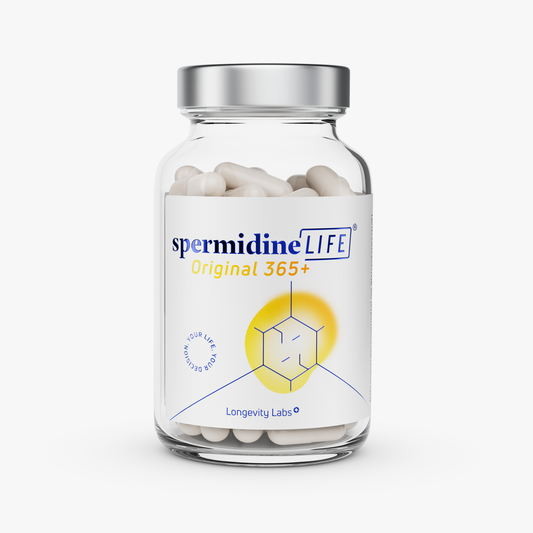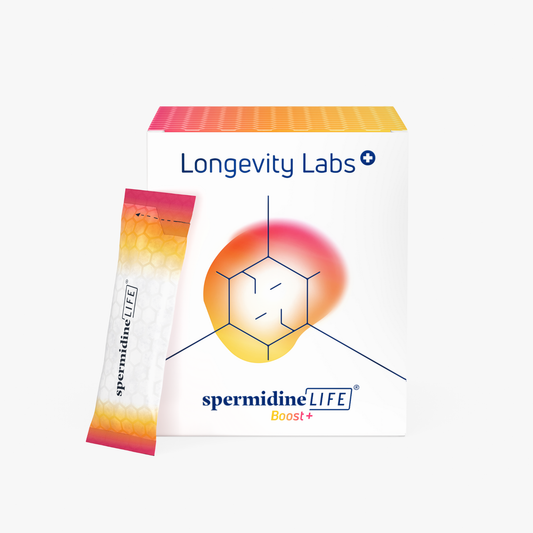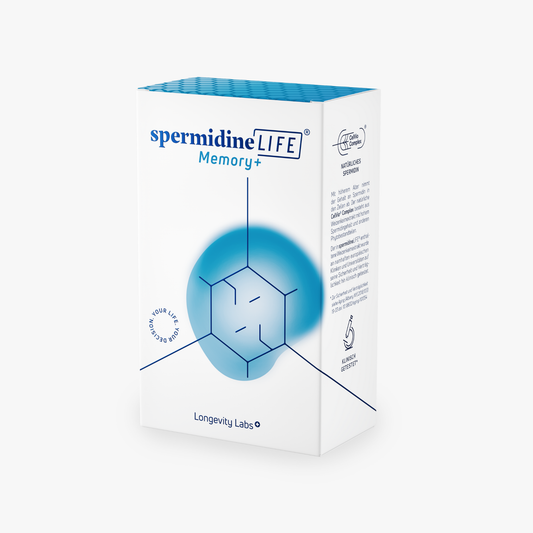
Our cells - tiny but perfect building blocks
Science, TLL LongevityLabsCells are the smallest living unit of the body, but they accomplish an immense amount. However, we are not always aware of this. The billions and billions of cells in our body are complicated and complex in their structure and function. Reason enough to take a closer look at some of their functions.
The human body consists of more than 10,000 billion cells. With their organized cooperation, these smallest functional units in the body ensure that a human being comes into being. Within each individual cell, thousands of coordinated chemical reactions take place, which, controlled by the cell nucleus, keep the cell alive.
The cells of the body function and work according to the principle of division of labor, and accordingly there are different cell types. From organ to organ, cells have very different life expectancies: Some cells of the stomach live for barely two days, skin cells renew themselves after three to four weeks. Red blood cells transport nutrients through the body for about a quarter of a year, while bone cells last for about 25 years.
What all cells have in common is that they communicate with each other and send vital signals to other cells and organs, that they divide divide and cleanse themselves themselves.
Autophagy - the body's own cell cleansing process
In humans and mammals, new cells are formed practically all the time. Whether during growth, regeneration of injuries or the replacement of old cells, the cell division is responsible for the formation of new cells. So if we want to stay healthy, we have to take care of our cells and make sure that the body's own cell recycling and renewal process - the so-called autophagy - is maintained.
In the Autophagy our cells break down damaged or useless cellular components - the harmful cellular waste. Discarded building blocks can then be recycled by the cell and stimulate the cell's metabolism. In this process, we speak of cell renewal. If this is successful, we have a regenerated cell that can once again devote itself to its tasks in the body.
Reasons for cell loss
So far, so good. But why should we worry about this process, when nature regulates it anyway? The thing is this: As we age or lead unhealthy lifestyles, cell production and cell purification slow down. There is a naturally occurring loss of cells. Cell functions also slow down and often run a bit more bumpy.
Tips for cell maintenance
So for healthy aging, we should stimulate our cells to autophagy - and preferably early on. Now the good news: we can do that too! By maintaining a healthy lifestyle, we support the body's own cell recycling and cell renewal process. This includes, above all, regular exercise, sufficient sleep avoiding stress, and healthy diet. More info about autophagy and its triggers are in this article summarized.
Science now knows that even Fasting activates the autophagy of the cells. Perhaps this is the reason for various traditions that demand abstinence from food. After all, abstinence is also supposed to have a cleansing effect on body and mind.






